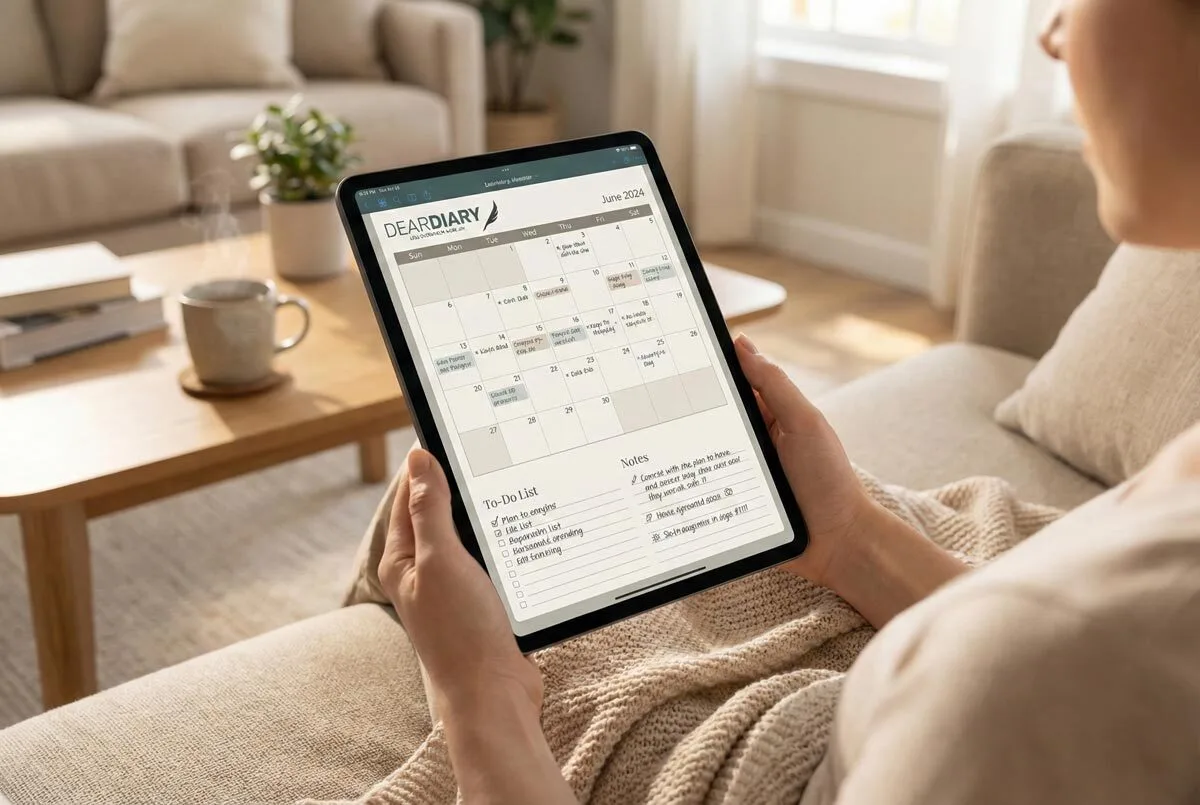You’ll need to prioritise true flexibility over office presence—63% of working parents prefer remote-first roles that eliminate commute time. Maintain sustainable 37.8-hour working weeks instead of burnout-inducing marathons, and build self-care into daily routines as micro-moments of restoration. Use digital tools for family coordination whilst advocating for compressed hours and improved parental leave policies. Create backup childcare plans and track responsibility distribution to guarantee equity. There’s a strategic approach that makes this juggling act considerably more manageable.
While juggling work deadlines and nappy changes might feel like an impossible balancing act, you’re not alone in wondering if there’s a better way to manage it all. The data shows that 63% of working parents now prefer remote-first roles, and there’s good reason for this shift.
You’re not alone in seeking a better work-life balance – 63% of working parents are making the remote-first shift too.
When you can skip the commute and work from home, you’re reclaiming precious time that would otherwise disappear into Johannesburg or Cape Town traffic.
You’ll want to negotiate for compressed hours if possible. Demand for this arrangement has jumped 32% amongst senior women leaders, allowing you to work longer days fewer times per week. This gives you dedicated blocks for both professional focus and parenting duties without constant role-switching between responsibilities.
If hybrid work is your only option, know that only 10% of parents are choosing this model anymore – most recognise that true flexibility trumps office presence.
The childcare reality remains frustrating. You’re likely handling 65% of childcare duties even in dual-parent households, which has improved only marginally over the past decade.
Consider tracking responsibilities through apps or journals to create awareness and push for more equitable distribution. If you’re in metros like Cape Town or Durban, research local crèches and aftercare facilities to find the best fit for your family.
Push hard for parental leave policies at your workplace. Senior women leaders are demanding fertility leave at rates 91% above average, and extended parental leave requests have spiked 119%. Don’t settle for inadequate policies when paid family leave reduces burnout measurably.
Your schedule needs intentional design. The most successful working mothers maintain roughly 37.8-hour workweeks, proving that sustainable schedules outperform burnout-inducing marathons.
Build self-care into daily routines rather than treating it as an afterthought. Exercise-based commuting, deep breathing between meetings, and physical activities integrated into family time all count. The mental health gap between mothers and fathers has remained significant over five years, making self-care essential rather than optional.
Create micro-moments of restoration throughout your day. Batch similar tasks to reduce mental switching costs, and use digital tools for family coordination. A comprehensive planner with daily pages can help structure your morning routines and evening reflections for better time management.
Shared calendars eliminate the mental load of being the family’s sole scheduler and reminder system. Digital planners with habit trackers can help you monitor wellness goals alongside your busy schedule, ensuring self-care remains a priority rather than an afterthought. A paperless solution that’s instantly downloadable means you can start organising immediately without waiting for physical deliveries or cluttering your space.
Geographic location matters more than you might realise. Cape Town and Johannesburg offer different advantages for working mothers, from commute times to school options.
If relocation is possible within South Africa, research provincial policies and municipal support that benefit working families. The Northeast and Midwest excel in supporting working mothers with strong healthcare infrastructure and education systems.
Build support systems beyond traditional childcare. Parenting pods, co-working spaces, and virtual communities reduce isolation whilst providing practical help.
Temporary or part-time care fills gaps when regular arrangements fall through. Remember that many mothers are staying home due to unreliable childcare options, so having backup plans isn’t optional – it’s strategic. The stay-at-home trend shows 25% of mothers now identify as stay-at-home mums, up from 15% just three years ago. When exploring workplace benefits, prioritise companies offering unlimited leave arrangements that give you maximum control over your time.
The key is advocating for what you need whilst building systems that actually work for your specific situation. A comprehensive digital planner can serve as your companion for tracking family schedules, personal goals, and maintaining the organisation needed to master multiple aspects of your busy life. Many of these digital solutions offer customisable layouts that adapt to your changing needs as your children grow and your work demands evolve.
Frequently Asked Questions
How Do I Handle Mum Guilt When Prioritising Work Over Family Time?
Reframe work as providing family resources, not stealing time. Schedule quality moments with children, communicate work’s importance to them, and remember productive work sessions create better presence during family time together.
What Affordable Childcare Options Work Best for Working Mothers?
You’ll find family daycare homes, relative care, and employer-sponsored programmes most affordable. Consider sharing nanny costs with other families, using flexible spending accounts, or seeking sliding-scale centres based on income.
How Can I Maintain Friendships Whilst Balancing Work and Parenting Responsibilities?
You can maintain friendships by scheduling brief, regular check-ins and creating intentional spaces for shared experiences. Prioritise personal connections over task-focused interactions whilst leveraging mum groups and digital tools for consistent communication.
When Should I Consider Switching to Part-Time or Flexible Work Arrangements?
Consider switching to part-time when you’re struggling with work-family conflict, need more childcare time, or want greater school involvement. Weigh wage penalties and reduced benefits against improved stress management and family engagement opportunities.
How Do I Talk to My Partner About Sharing Household Duties More Equally?
Schedule a calm conversation using “I feel” statements about your workload. Create a visible chore chart together, focusing on fairness based on availability and skills rather than strict 50/50 splits.






